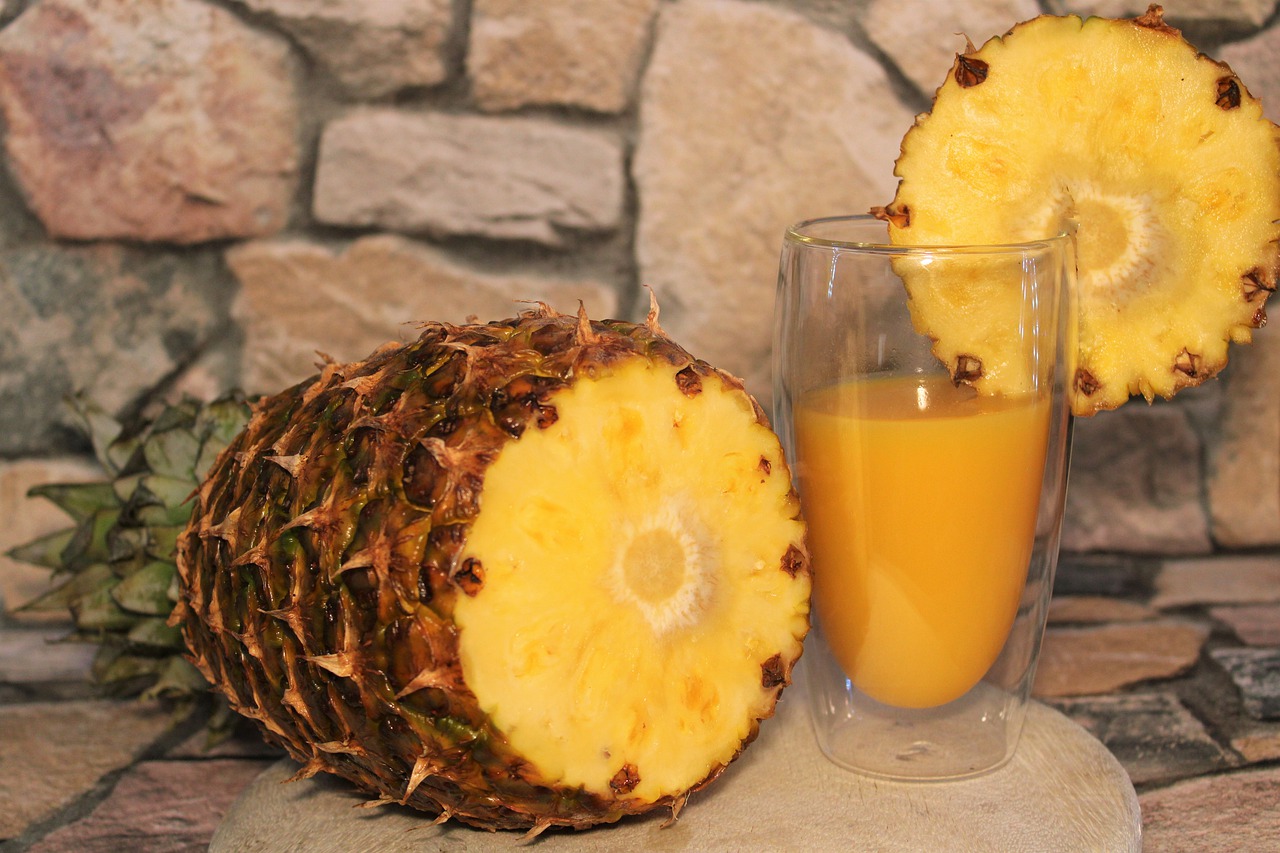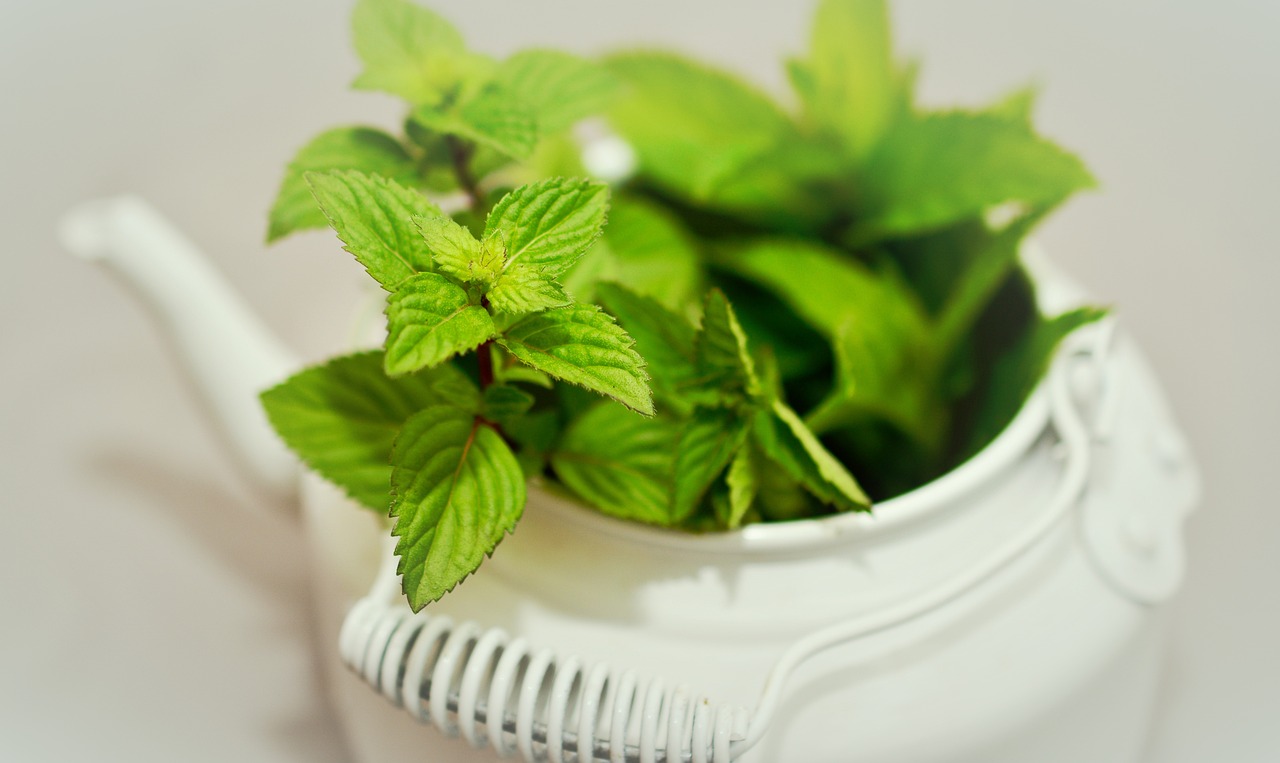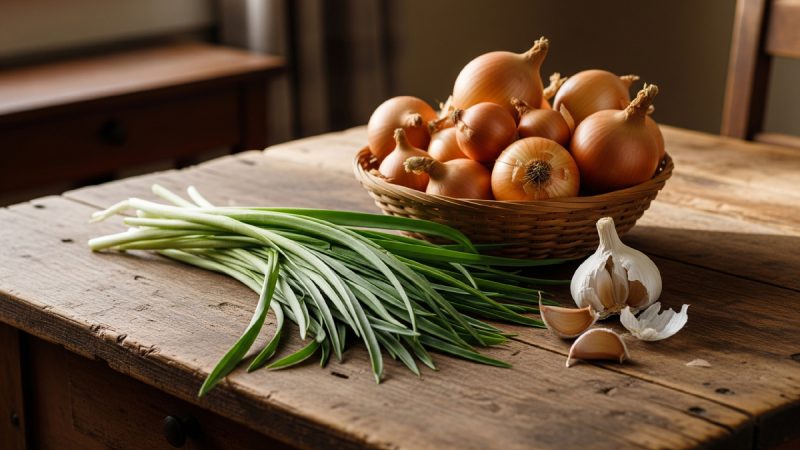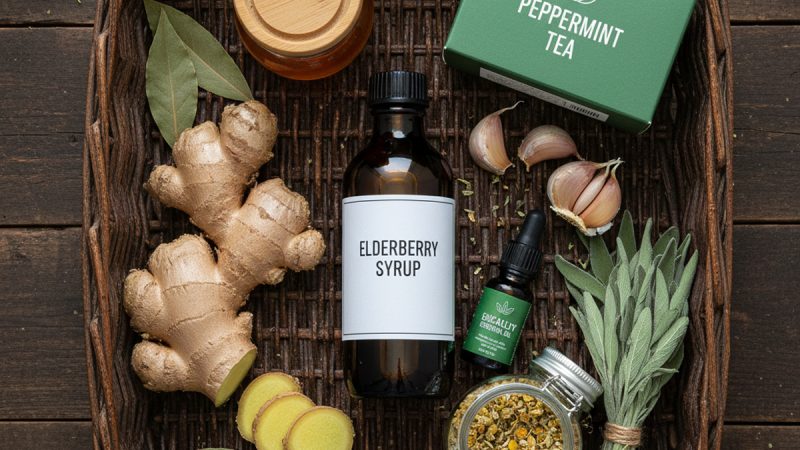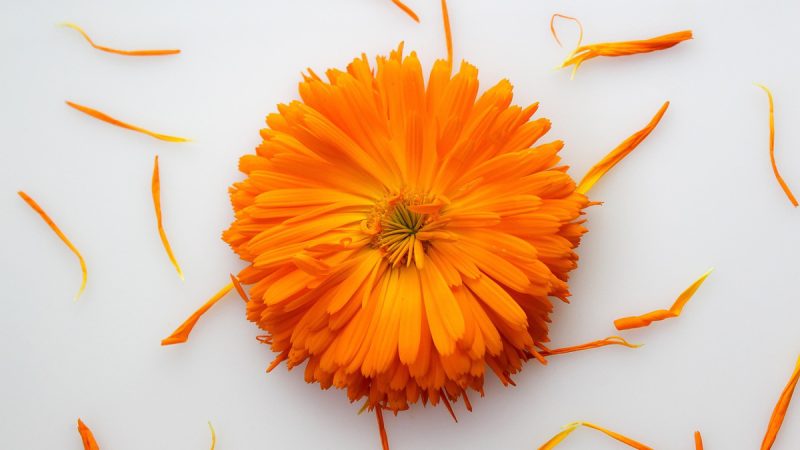Growing Medicinal Plants in Your Kitchen Garden
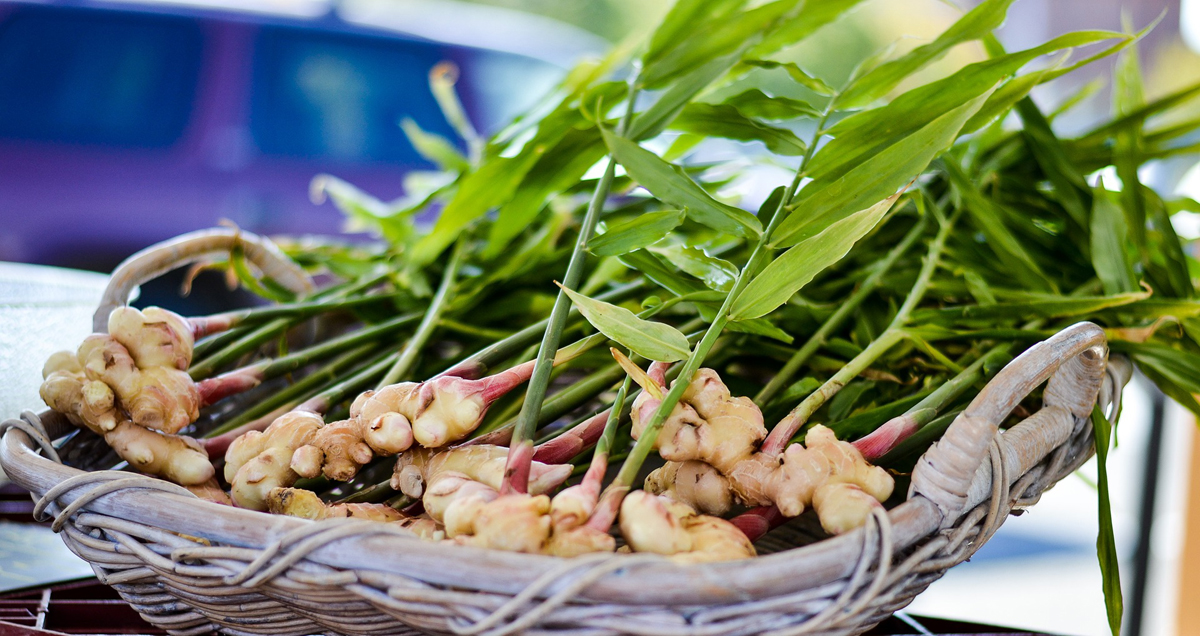
“Food is our medicine; medicine is our food” – Aristotle
Long hours of work, unhealthy eating, less sleep, more pressure are all putting our bodies and health at a great risk. Diabetes, obesity, thyroid malfunctioning, arthritis, cardiovascular diseases are all interlinked and can be controlled only by healthy food. Greens, vegetables, fruits and nuts are great sources of nutrition that empower the body with all the vitamins, minerals, fibre and water. Green herbs especially can fight a lot of disorders and keep you away from impending health dangers. Instead of stepping out to buy them, you can grow these medicinal plants in your balcony with very little effort. Plenty of reasons why you should grow and eat them on a daily basis!
Methi (Fenugreek)
Growing methi in a container is one of the easiest things you can do. Choose a sunny spot, sow the seeds in a container and water it. Methi seeds germinate in a couple of days and in a span of 10 to 15days, the leaves come up and the pods are ready for harvest. Chilly weather conditions might not be suitable for methi to grow.
All diabetics consume methi leaves or fenugreek seeds to combat blood sugar level fluctuation. A natural soluble fibre named ‘galactomannan’ plays a key role in slowing down sugar absorption into the blood stream thereby controlling diabetes. Chronic digestive disorders, acid reflux, heartburn, dandruff and hair fall can all be corrected with regular consumption of methi leaves and seeds.
Bitter Gourd (Karela)
Another miracle vegetable that is completely exotic in taste! Since it is a creeper plant, if you can arrange a small trellis in your balcony then karela can be grown easily. It is a warm weather crop but can also tolerate mild cold. Soak the seeds in lukewarm water before sowing them. This process ensures quicker germination and also strengthens seeds.
Bitter gourd is often disliked by many people due to its bitter taste but the goodness the vegetable contains is indescribable. From weight loss to controlling blood sugar levels, bitter gourd does it all. Regular consumption can also correct vision problems, cleanse liver and kidneys and also boost the immune system. But remember that excessive consumption can lead to stomach upset and cause an imbalance in the hormones.
Coriander (Dhaniya Pattha)
Pick a few dhaniya seeds from your kitchen, split them into two, sow them in a container and place it in a sunny spot in your balcony. In a week’s time your coriander crop will be ready! It is seriously as easy as this. The only pre-requisite for coriander plants is lots of sunlight. If your balcony receives plenty of it then just go ahead.
Coriander, Silantro or Dhania
Coriander leaves fight with bad cholesterol and improve the levels of good cholesterol thereby boosting good health. Diabetic patients can keep their blood sugar levels in check with regular consumption of coriander. The rich iron content in the leaves and seeds enhances bone marrow performance and treats anaemia in women.
Stevia (Meetha Pattha)
Rapidly replacing artificial sweeteners is the ‘sweet leaf’ or ‘sugar leaf’ mainly known as Stevia. Just one leaf will make anything sweet and easy to eat. Diabetics are now taking solace in this miraculous herb. Home grown stevia might lack the deep sweet flavour that is usually found but the leaves can definitely replace your sweetener. You can either sow seeds directly in a container or buy tiny stevia plants to transplant them in your garden. Light watering regularly and six hours of sunlight is good enough for the leaves to grow.
Stevia Sweetener: The Best Sugar Alternative?
Brewed stevia leaves are an excellent replacement for table sugar. You can use them in tea, coffee, juices and other beverages. When consumed with ginger or cinnamon, stevia cures constipation and common digestive problems. Diabetics can make this a part of their diet and control their sugar cravings.
Basil (Tulsi)
Found in almost every Indian home, the basil herb can treat a wide range of health disorders. Sowing seeds directly in a container is the ideal way to grow basil. Keep the soil moist always by watering the seedlings regularly. It is an annual crop and continues to produce leaves in all seasons.
Growing Organic Basil
Chronic cold, cough and phlegm can be treated very well by dried basil. A strong decoction of the leaves when consumed on a daily basis kills bacterial infections and boosts immunity. Purifying blood, fighting mouth ulcers, treating migraines and keeping infections at bay, the basil does it all!
The Author:
Photo. Veronica Bosley



